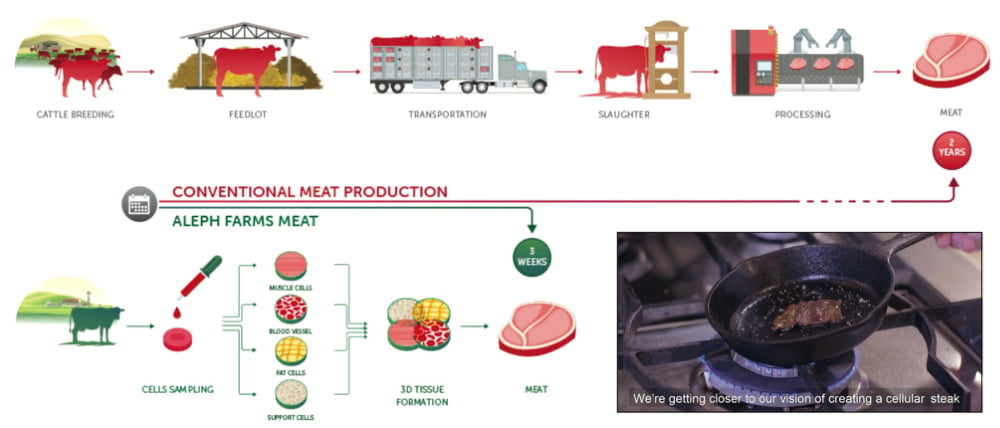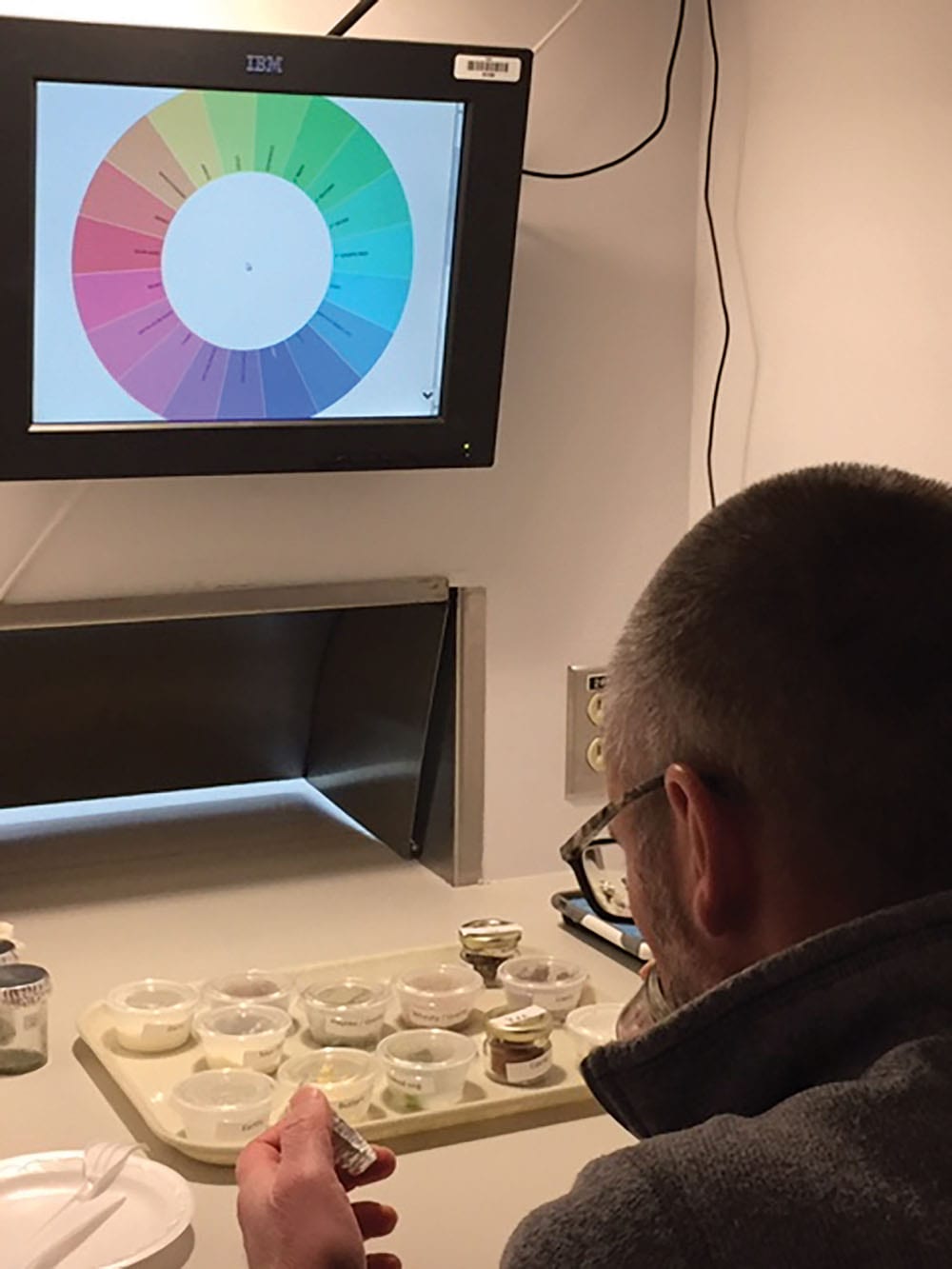It’s not going to stop with the Beyond Meat burger.
Expect to see more plant-based foods in your grocery store as more and more consumers reduce their consumption of meat, says the CEO of a leading organic and natural food company.
“You can see tremendous acceleration in the refrigerated meat alternatives in Canada,” Beena Goldenberg said at the Plant-Based Foods Summit here last month.
“Beyond Meat burgers have helped create the buzz in plant-based alternatives in the marketplace. This hasn’t just happened in the last year. Since 2015, the category itself has seen double-digit growth and it’s just accelerating.”
Read Also

Corn market looks bullish; barley has potential
Canadian commodity market analyst makes his predictions on what barley and corn commodities will look in 2026.
Last year alone, the plant-based foods category grew by 11 per cent in Canada and 20 per cent in the U.S., said Goldenberg, whose company, Hain Celestial Canada, sells Yves Veggie Cuisine and non-dairy milks (as well as personal care products such as shampoos). Meat alternatives are leading the surge in sales, growing by 20 per cent (with sales of tofu and non-dairy cheese increasing by 14 per cent and non-dairy beverages by five per cent).
“Meat alternatives are the fastest-growing space,” said Goldenberg.
People ask all the time if the rise in plant-based alternatives is a fad. It’s not a fad, she said, but a growing trend that is here to stay.
About 51 per cent of people surveyed say they are willing to reduce their meat consumption, she said. Twelve per cent said they were extremely willing and 39 per cent said they would try to make a change.
“That is a huge group of consumers of the available population to leverage plant-based foods behind. It’s an interest in eating differently.”
Vegans are only two per cent of the Canadian population, while vegetarians are six per cent. But there is a growing group called “flexitarians,” and these people want to eat mainly plant-based diets, while enjoying fish or meat every once in a while. This group is about 10 per cent of the population.
“They’re coming out of the 51 per cent that are interested in reducing the amount of meat that they are using,” said Goldenberg.
There’s also a group of people who want to reduce their meat consumption and so are interested in eating vegetarian every once in a while.
Health is the driver
Part of the reason that people are interested in reducing meat, she said, is because of Canada’s Food Guide, which puts more of an emphasis on fruits, vegetables, plant-based foods and meat alternatives.
And there’s plenty of room for this trend to grow.
For example, about 73 per cent of households in the United Kingdom are buying plant-based alternatives to meat or dairy — compared to just 14 per cent in Canada. But that number will grow because younger people are the primary consumers of meat alternatives in North America.
“Young people think that if they eat differently they can prevent health problems down the road,” said Goldenberg. “They are the ones who are most interested in eating meat alternatives.”
Most people who choose plant-based foods are motivated by overall health, followed by weight management.
“Concern about the environment comes up as a secondary or tertiary reason,” she said.
People tend to associate the benefits of plant-based foods or eating less meat with weight loss, a lower risk of Type 2 diabetes, lower blood pressure, and lower cholesterol.
All of this opens doors for crop producers, she said, adding that soy is currently the only plant-based complete protein source with all nine amino acids, which makes it important for vegans and vegetarians.
“Flexitarians are eating meat or animal products, so they don’t need their meat alternative to be a protein complement,” she said. “There’s opportunity for chickpea protein, wheat protein and other proteins and that’s the area that we want to explore.
“The big opportunity is not the vegan or the vegetarian, it’s the flexitarian.”
















